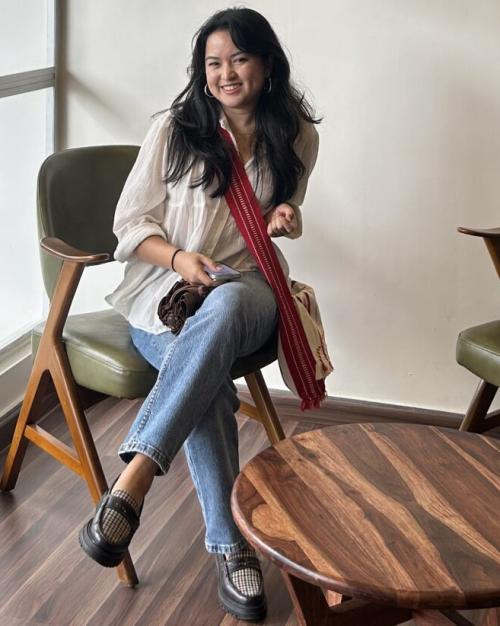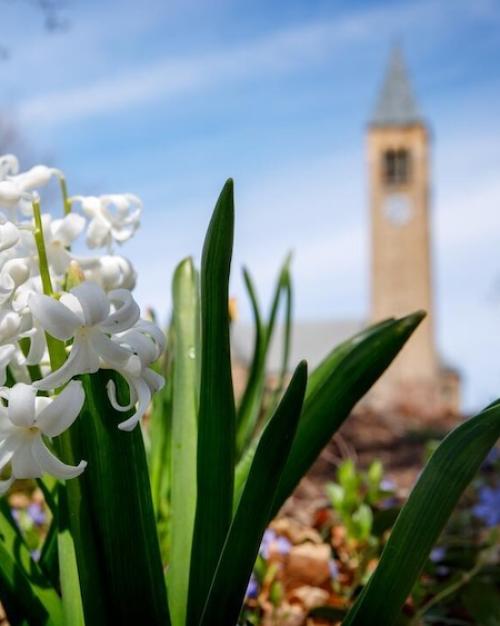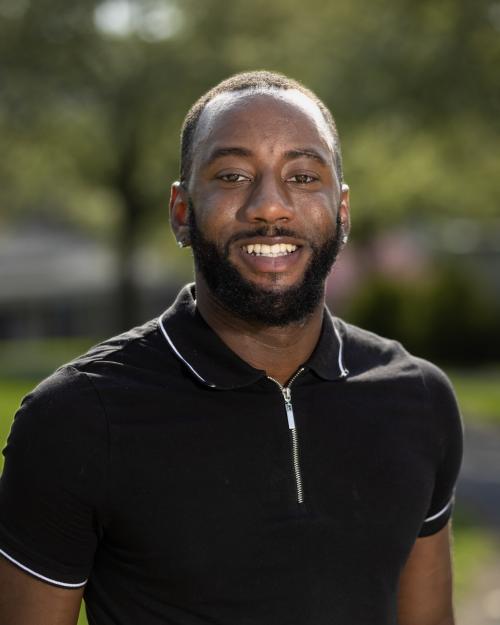Mar'Quon Frederick
Government
Chester, Va.
What was your favorite class and why?
My favorite class was either Controversies about Inequality or Social Inequality, core courses for my inequality studies minor. These classes educated me on the sources of inequality both on a domestic and global scale, whether that be in healthcare, higher education, employment, criminal justice or the workforce. It taught me why the rich have gotten richer and the poorer have gotten poorer the past several decades and how policies have contributed to that. Taking this class helped contextualize my own experience — growing up working/middle-class and escaping the poverty trap through my parents’ sacrifices. Furthermore, it reaffirmed the things I need to do differently to put my children in a better position. I feel so much more equipped at navigating life, raising children and reforming problems in society through a career in public service as a result of these classes. In fact, these classes are so transformative that I believe they should be taught in high schools.
What is your main extracurricular activity and why is it important to you?
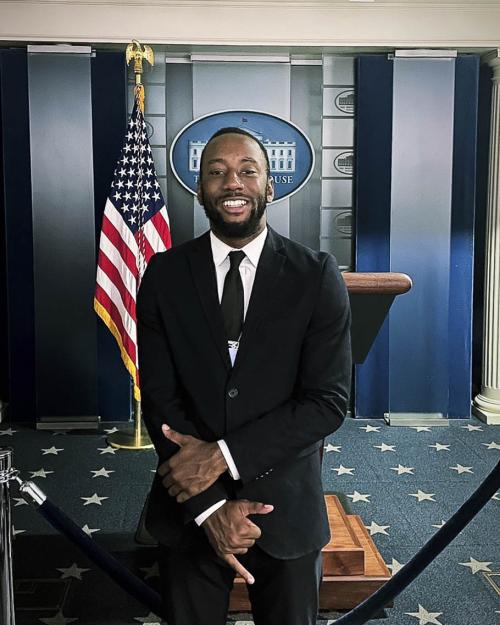
My fraternity, Alpha Phi Alpha, is my main extracurricular activity. It is so important to me because becoming a member changed my life. Not only did I become more principled and disciplined through the fraternity, but it showed me the importance of serving others and developing other men of color. My fraternity was founded at Cornell by college men desiring closer bonds, academic support and mutual uplift at a time where racial discrimination prevented them from receiving housing as students. It has proliferated into an organization with more than 730 chapters and 290,000 members dedicated to uplifting our communities. The chapter played a pivotal role in me navigating college academically and socially, and I have been able to help others through the process as well.
What are the most valuable skills you gained from your Arts & Sciences education?
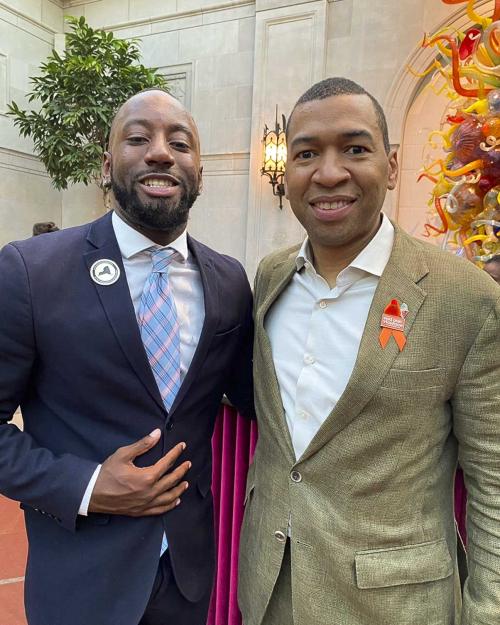
The most valuable skills I gained from my Arts & Sciences education would have to be the skills of reading, writing and engaging in healthy discourse with people I don’t necessarily agree with. I’ve spent the past four years debating with others, which has broadened my world view but has also forced me to challenge my own thoughts. This has allowed me to sharpen my own arguments, but also acknowledge the legitimacy of opinions I wouldn’t necessary align with. On the other hand, I am skilled at reading texts and writing papers. I am capable of writing papers on command, whether that be an analytical paper, an op-ed, a research paper, etc. Moreover, I can synthesize material rather quickly, which will help me beyond college.
If you were to offer advice to an incoming first-year student, what would you say?
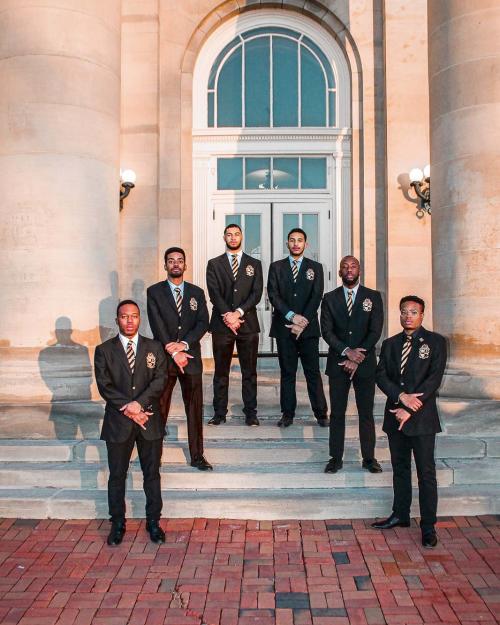
My top five pieces of advice would be: 1) Maintain consistent relationships with financial/academic advisors, teachers, faculty, Cornell administrators. 2) Don’t get too involved with extracurriculars until you are set academically and financially. 3) Attend office hours regularly and sit at the front of class if possible. 4) Learn a new language and explore different cultures, whether that be through food, festivals or music. 5) Set short- and long-term goals but be open to change and the unpredictable.
What are your plans for next year?
Next year, I will be working for the United States Conference of Mayors in Washington, D.C. for a year or two before going to graduate school. I will be working with an economic development task force within an organization that advocates on behalf of U.S. cities before the state and federal government. As for graduate schools, I am considering an MPA or an MBA.
Every year, our faculty nominate graduating Arts & Sciences students to be featured as part of our Extraordinary Journeys series. Read more about the Class of 2024.
